Description
This lot is specifically selected from the Women-owned farms in the coop. A premium is paid directly to the women above and beyond the quality premium paid.
Abadatezuka Cooperative is a group of smallholder farmers in Rwanda’s Western Province who deliver their coffee in cherry to the Cyato Washing Station, which is located in the Cyato sector of the Nayamasheke district in that region. The producers here grow coffee at elevations all the way up to 2,200 meters above sea level, and the washing station is located at 1,850 meters above sea level. The washing station was established in 2017.
This coffee is delivered in ripe red cherries by the producers, then sorted and dried on raised beds after processing. During the drying period, the coffee is actively rotated and moved in order to ensure even drying.
One interesting facet to coffee here is that the native honeybees that live in and around the Nyungwe forest where the coffee is grown are said to be responsible in part to the “unique profile” this coffee has. The bee-assisted pollination, fertile ground (black humus and sandy soil), and cool lake-affected climate thanks to the area’s proximity to Lake Kivu contribute to the flavors found in the cup. The farmers use no synthetic inputs, either as fertilizers or as pest control.
Tasting Notes: A wonderful light to medium roast coffee. Leans a bit more towards a washed processed coffee than natural. A very clean, sweet and delicate cup with medium to low acidity: chocolate, spice, tea and fruit tones comingle nicely at the different roast levels. Lighter roasts show just a small pinch of citric and fruit comingling with complex tea like undertones, a fuller body and sweeter edge. Medium roasts mute much of the tea like spice turning the cup more chocolaty and semi-sweet, hints of fruit as the cup cools but hardly noticeable while hot. Darker roasts are more of a semi-sweet chocolate bomb, could be a bit much without a splash of milk but works wonderfully for espresso or cold brew at the fuller roast levels.
Roasting Notes: A higher chaff coffee but will roast pretty even. A bit acidic at lighter roasts, the showiest point for this coffee, but for daily drinking we liked a medium roast a bit better. Shoot for a classic light to medium roast, error lighter if you like bright coffees, error a little darker if not. Setup time is important, on these complex coffees, most think they are best between day 5-14 after roasting. We thought it plenty tasty to start drinking after 24 hours, but did improve as it setup further.
Honey Processing:
Honey-processed coffees go through steps similar to washed, with one notable difference – the amount of mucilage left on the seed before drying. After the cherries are collected and sorted, the coffee is typically depulped and fermented. During fermentation, washed coffees will have all the mucilage broken down and removed from the seeds. In honey-processed coffees, the fermentation is cut short, leaving some mucilage still intact on the seeds. The coffee will then dry with this mucilage intact, often contributing a denser texture, more sugar browning, and fruit notes to the final cup.
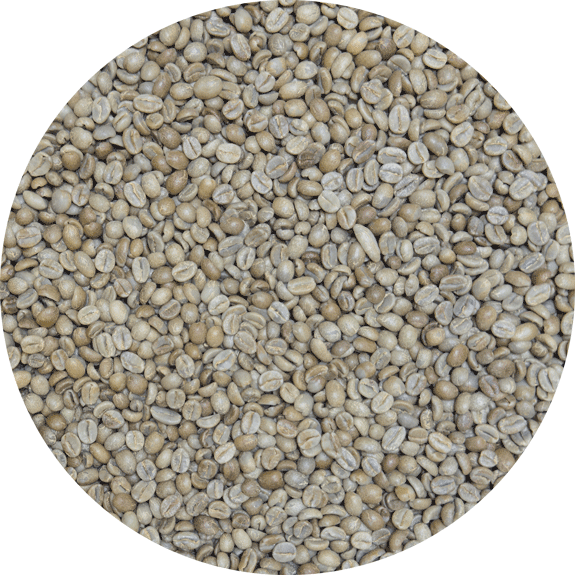
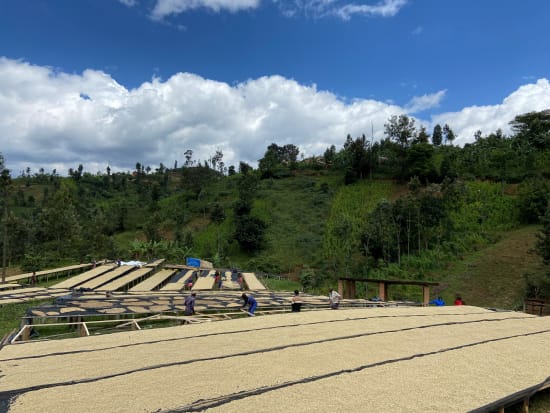
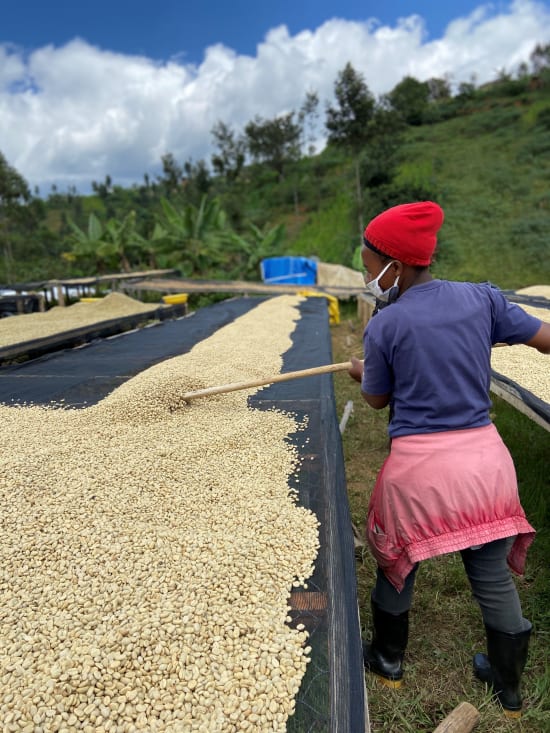
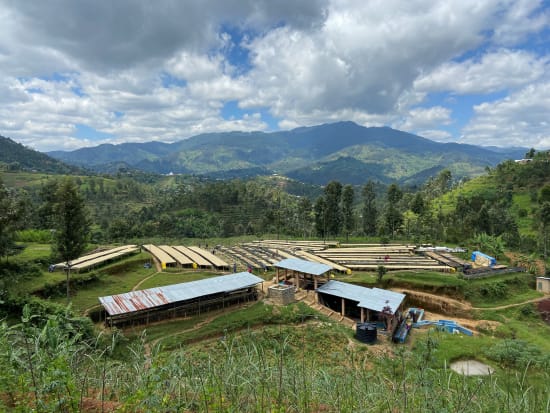
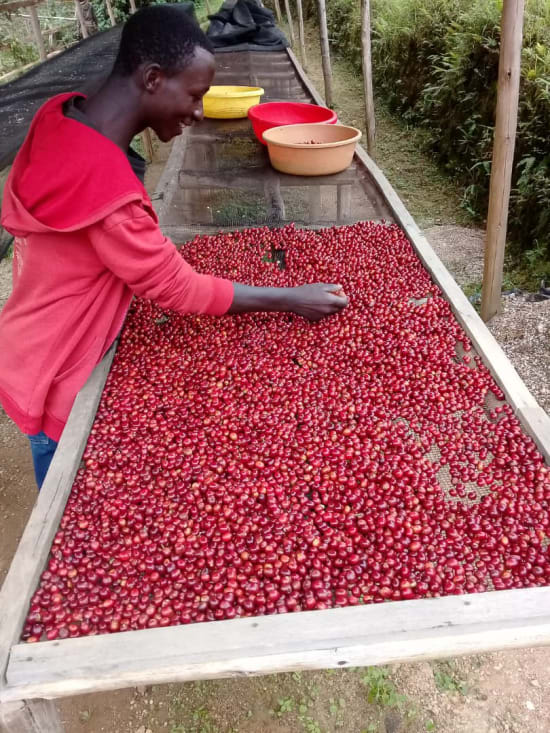
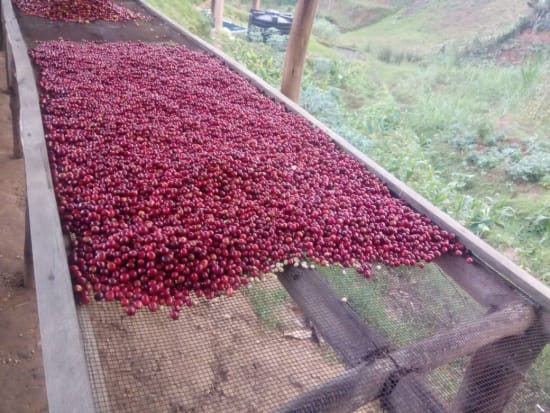
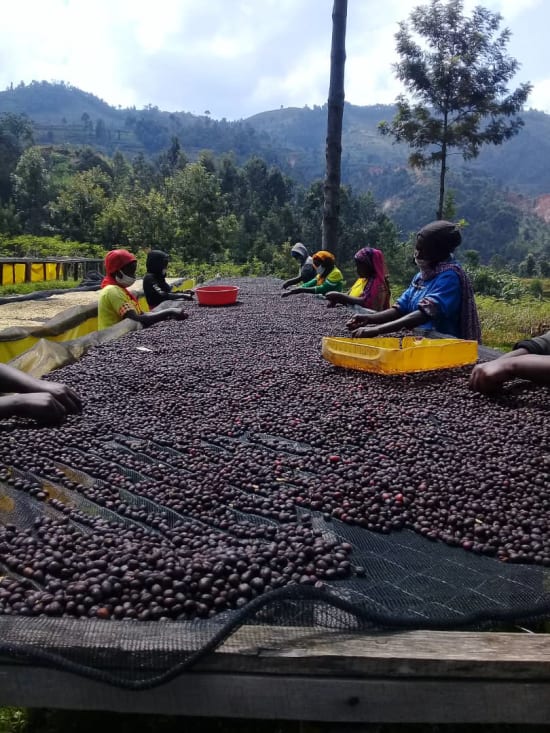
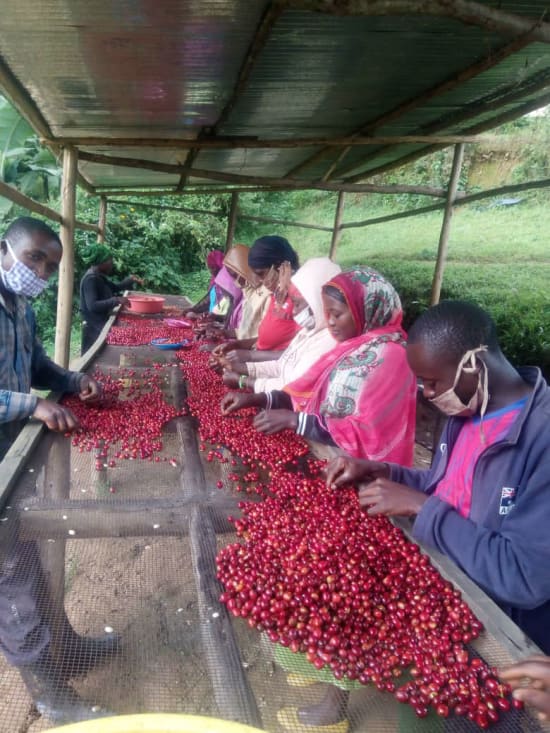
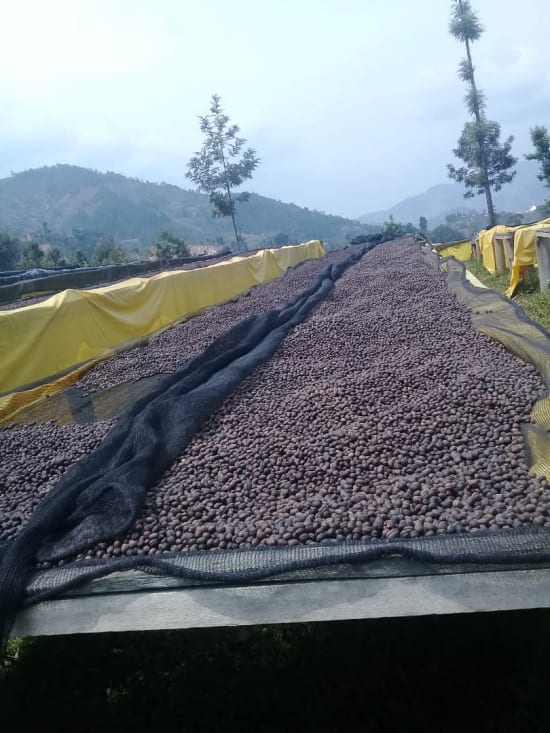
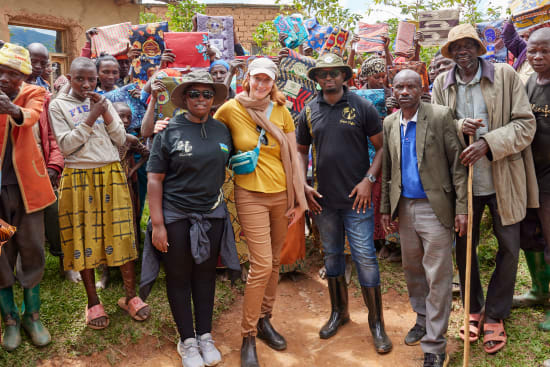
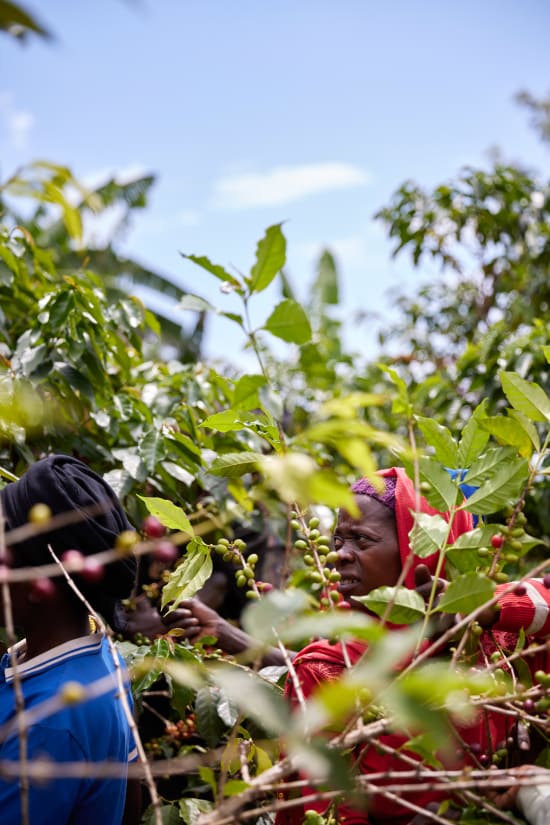
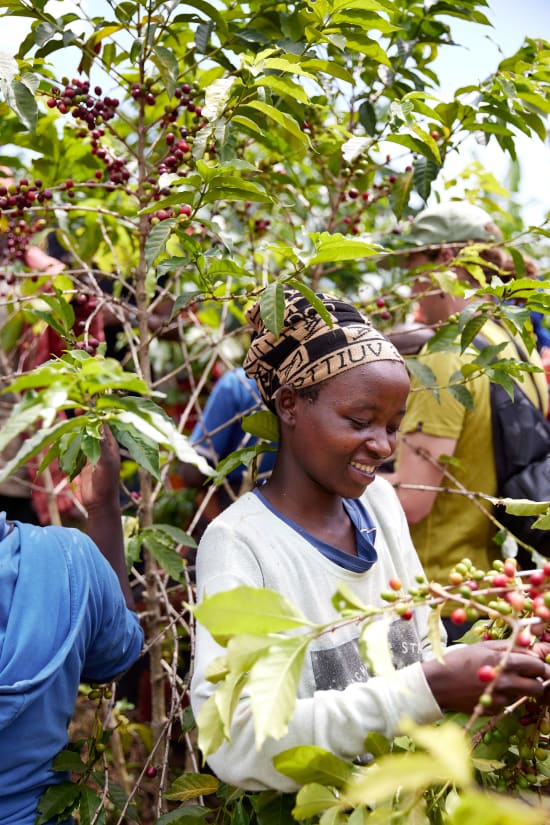
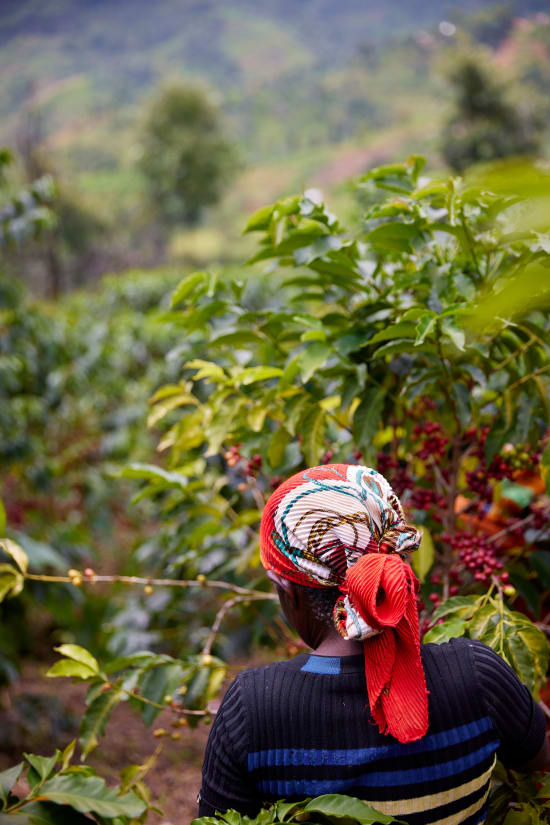
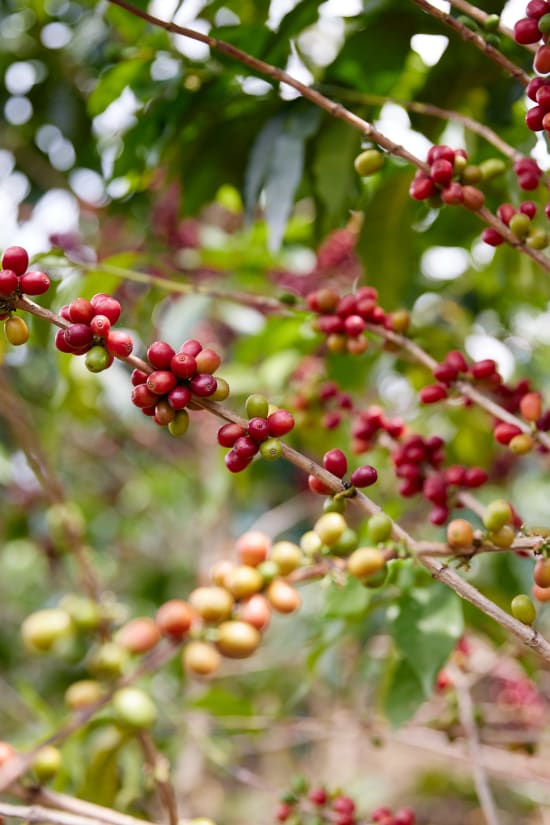
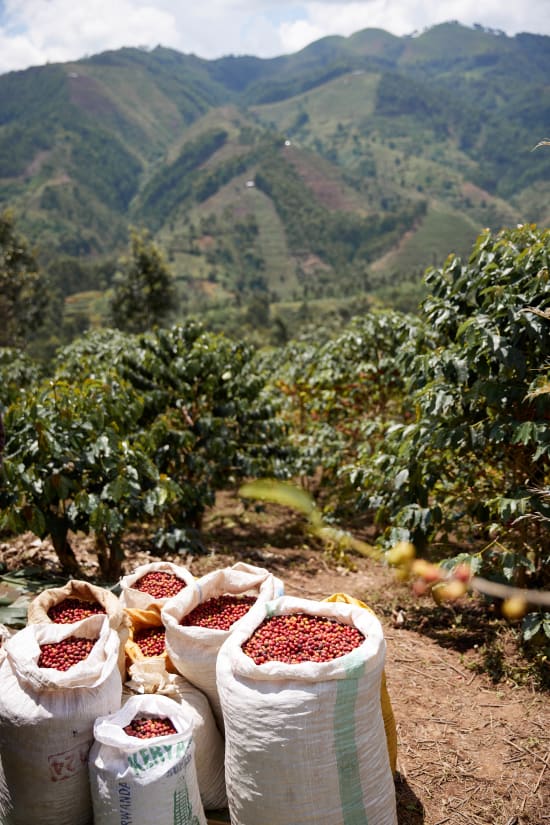
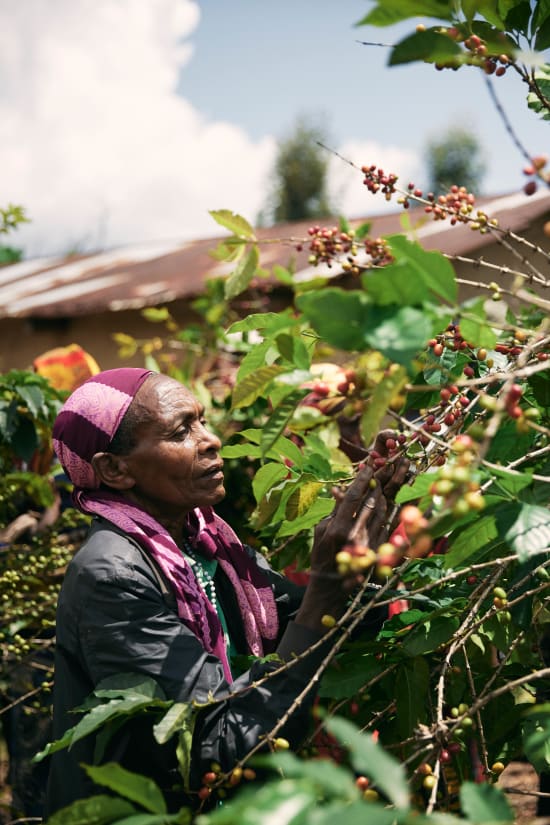
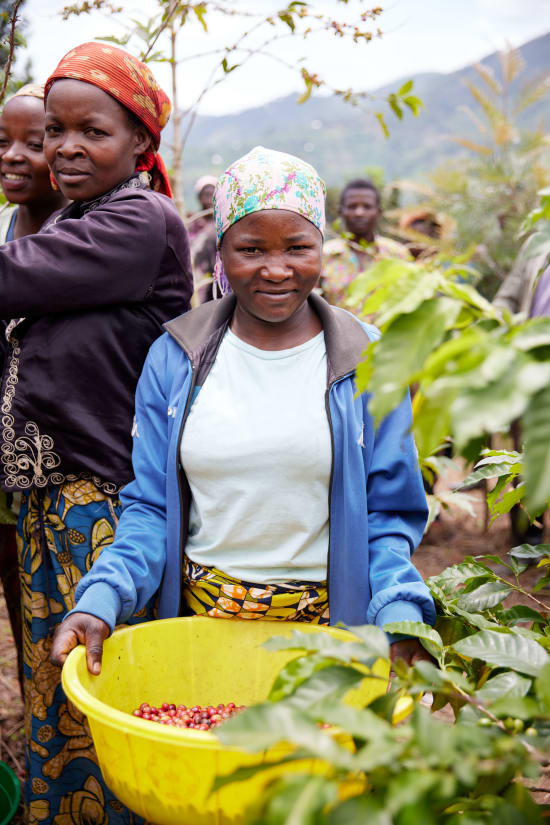
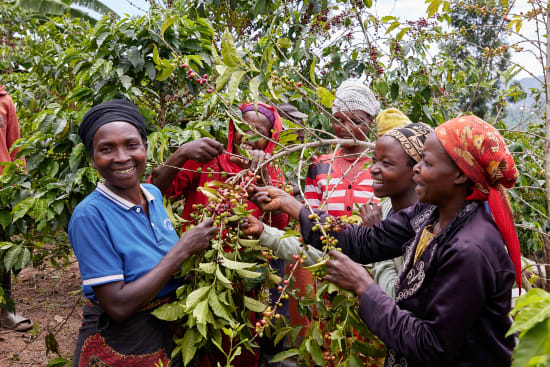
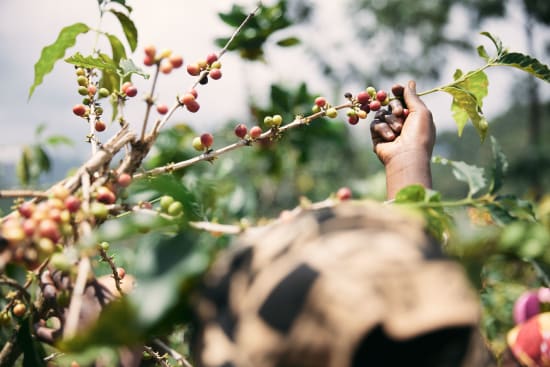
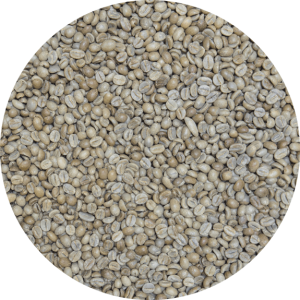
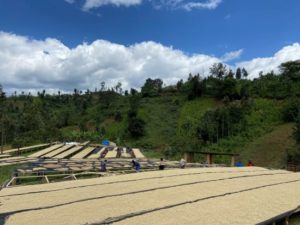
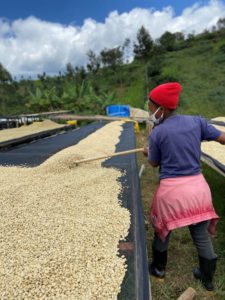
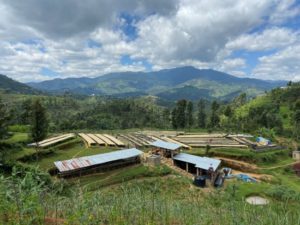
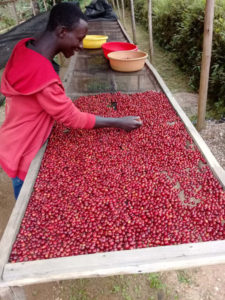
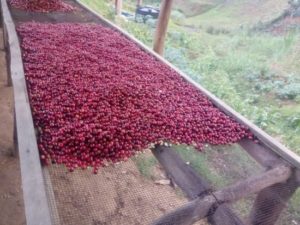
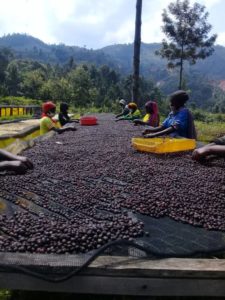
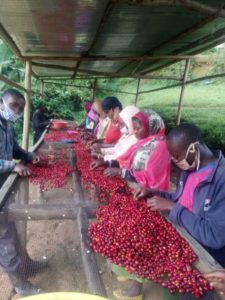
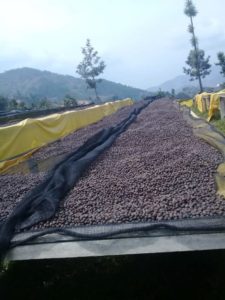
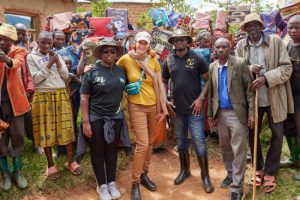
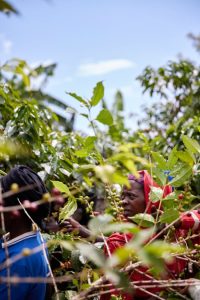
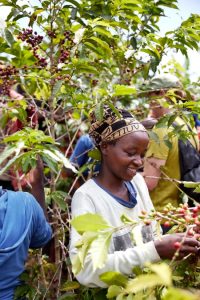
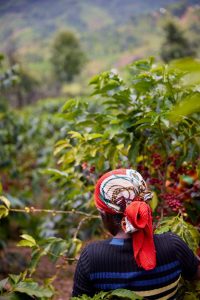
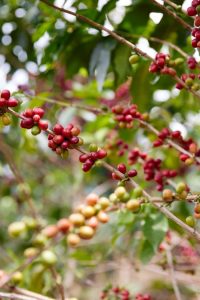
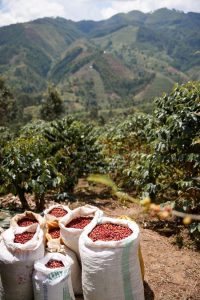
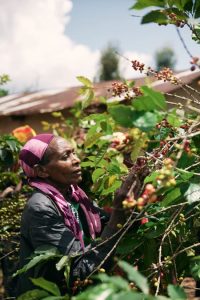
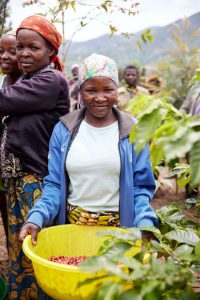
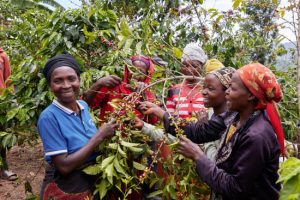
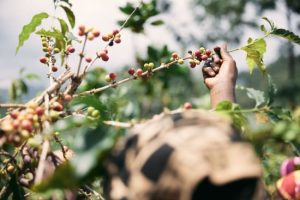
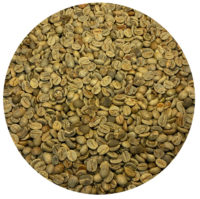
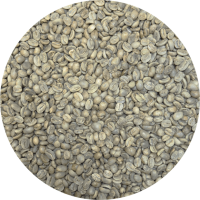



Leadpaint (verified owner) –
Roasting it dark.Got this earthy vibe going on, a bit sweet,cocoa, brown sugar, with a pretty strong body. Overall Excellent!